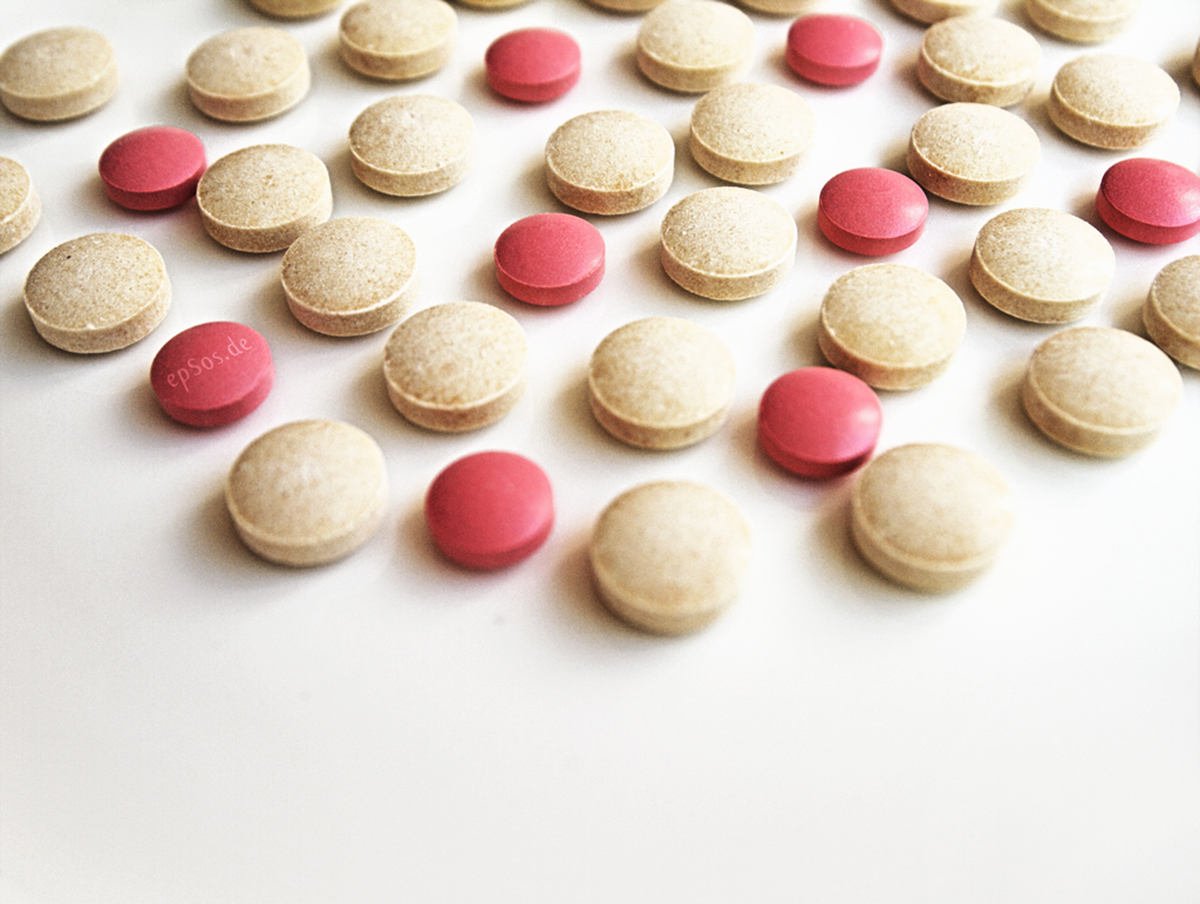Table of Contents
Despite the fact that antibiotics help ward off different types of infections, they have also been found to have myriads of side effects. Two new studies have recently come to light which have demonstrated that antibiotics adversely affect the immune system and cause memory decline by interfering with brain growth.
Both of the studies aptly show that by disrupting the delicate balance of the body’s inner environment, antibiotics can cause more harm than good. They do so by interfering with the balance between good and bad microbes residing in the gut.

Antibiotics Lower Immunity
One of the studies was carried out by researchers at the Memorial Sloan Kettering Cancer Centre in New York. The results of the study were subsequently published in Science Translational Medicine. During the course of the study, the investigators studied 857 patients who were receiving hematopoietic stem cell transplant, the curative treatment used for a variety of blood and bone marrow cancers.
Patients receiving hematopoietic stem cell transplant are typically administered antibiotics in order to prevent infections because the immune system of the patients is weakened by drugs to enhance the success rate of the transplant.
The investigators found out that the response of the patients to the antibiotics varied from one patient to another. The researchers investigated into the effects of 12 antibiotics. It was observed that two antibiotic combinations– piperacillin and tazobactam, and imipenem and cilastatin- were significantly associated with increased risk of graft-versus-host disease (GVHD), an inflammatory condition which can prove to be fatal.
The findings of the study led the researchers to hypothesize that the administered antibiotics dramatically disrupted the balance between good and bad bacteria in the gut, somehow contributing towards low immune status. When the same tests were carried out in mice, similar results were obtained.
Antibiotics Affect Memory
The other study was carried out by researchers from the Max-Delbrueck-Centre for Molecular Medicine in Germany. The results of the study were later published in Cell Reports. The basic aim of the study was to look into the effects of broad spectrum antibiotics on mice.
The investigators noticed that the long term use of antibiotics resulted in delayed cellular growth of an area of brain known as the “hippocampus” which is responsible for memory processing and storage.
When tested for memory function, the performance of these mice was found to be very poor. The researchers also noted that the concentration of white blood cells in these mice was quite low. White blood cells are an important part of the immune system.
The investigators went a step further and stopped the administration of antibiotics to the mice to find that once they stopped receiving the antibiotic, the growth of brain returned to its normal status.
READ US Pediatricians: Antibiotics are Over-prescribed to Children
The Future Prospects
Both these studies have prompted further investigations to find out the exact mechanisms by which antibiotics disrupt the normal bodily processes, particularly low immunity and reduced memory. It has put a big question mark on the way antibiotics are being used, calling for a need to re-evaluate the benefits of antibiotics use and to weigh them against the side effects associated with them.
- Photo courtesy of
- Photo courtesy of http://blogs.discovermagazine.com/d-brief/files/2015/12/shutterstock_1391069211.jpg
- Photo courtesy of epSos.de
- Photo courtesy of jepoirrier: www.flickr.com/photos/jepoirrier/3801275386/
- Photo courtesy of jepoirrier: www.flickr.com/photos/jepoirrier/3801275386/


Your thoughts on this